Europe wrestling with livelihood constraints over US-inflamed war in Ukraine
European countries are wrestling with runaway inflation and soaring energy prices stemming from the US-inflamed war in Ukraine, bearing the brunt of Washington’s interventionist policy.
As the Ukrainian conflict nears its sixth month, reports indicated that prices across Europe were rising significantly due to the high energy and food costs.
The eurozone witnessed a record-high inflation of 8.6% last month, which is more than four times the 2% target set by the European Central Bank (ECB). Energy prices hit nearly 42% while unprocessed food was up 11.1%.
The European Commission's economic forecast gave a negative view of what the future holds in store for the continent, predicting that inflation will remain high throughout 2022 and 2023.
The high prices have prompted the European Central Bank to raise interest rates for the first time in 11 years.
“The impact of high inflation on purchasing power, continuous supply constraints and higher uncertainty are having a dampening effect on the economy,” ECB chief Christine Lagarde said. "Taken together, these factors are significantly clouding the outlook for the second half of 2022 and beyond."
Paolo Gentiloni, the European Economy commissioner, said in an interview with Euronews earlier this month that "we are already in, so to say, troubled waters."
Gentiloni said that the bloc needed to gear up for the worst, including energy storage for winter, diversifying Europe’s energy providers and helping vulnerable households to weather the high inflation.
Gas flows via Russian pipeline routes across Europe have fallen since the start of Russia’s military campaign in Ukraine in late February.
This comes as the Pentagon announced a new $775 million package of military equipment and ammunition for Ukraine, including Himars missiles, artillery, and mine-clearing systems.
The US has so far given billions of dollars worth of weapons to Ukraine since Russian President Vladimir Putin launched a special military operation in there with the aim of “demilitarizing” and “denazifying” the country.
Ranging from anti-armor missiles to helicopters and beyond, the publicly-announced lethal aid packages have already exceeded $8 billion, with the vast majority of transfers happening under the Presidential Drawdown Authority.
Russia has repeatedly warned that US and NATO shipments of weapons to Ukraine add fuel to the conflict between Moscow and Kiev and could bring unpredictable consequences.
Putin said on Tuesday that the US was prolonging the war in Ukraine as part of what he called Washington’s efforts to maintain its global hegemony.
“The situation in Ukraine shows that the United States is trying to drag the conflict out,” the Russian leader said, adding that Washington is “using the people of Ukraine as cannon fodder. They need conflicts to retain their hegemony.”
Moreover, the energy crisis in Europe seems to exacerbate as Russia's energy giant Gazprom said on Friday that Moscow would halt natural gas supplies to Europe for three days at the end of the month via its main pipeline into the region.
Gazprom said the shutdown was because the pipeline's only remaining compressor requires maintenance.
The pipeline maintenance will likely deepen the energy standoff between Moscow and Brussels which has already contributed to the surging inflation in the region and raised the risk of rationing and recession.
Since the onset of Russia's military offensive in Ukraine on February 24, the United States and its European allies as well as Canada have imposed waves of sanctions against Moscow, despite its warning that such punitive measures will eventually backfire.
While the EU has accused Russia of cutting supplies in retaliation for the sanctions, Moscow has insisted that the sanctions had made the technical maintenance of the pipeline very difficult for the Russian company.
VIDEO | Press TV's news headlines
UN experts: Israel again 'weaponising starvation' in Gaza
UNRWA: Israel's West Bank aggression aligns with annexation 'vision'
VIDEO | Destruction of Barquq Castle in Khan Yunis
VIDEO | Gaza ceasefire has stalled, and Trump's warnings
Syrian regime declares curfews in several regions
Sudan takes UAE to UN court over 'complicity in genocide'
Trump's threats will embolden Israel to ignore ceasefire: Hamas


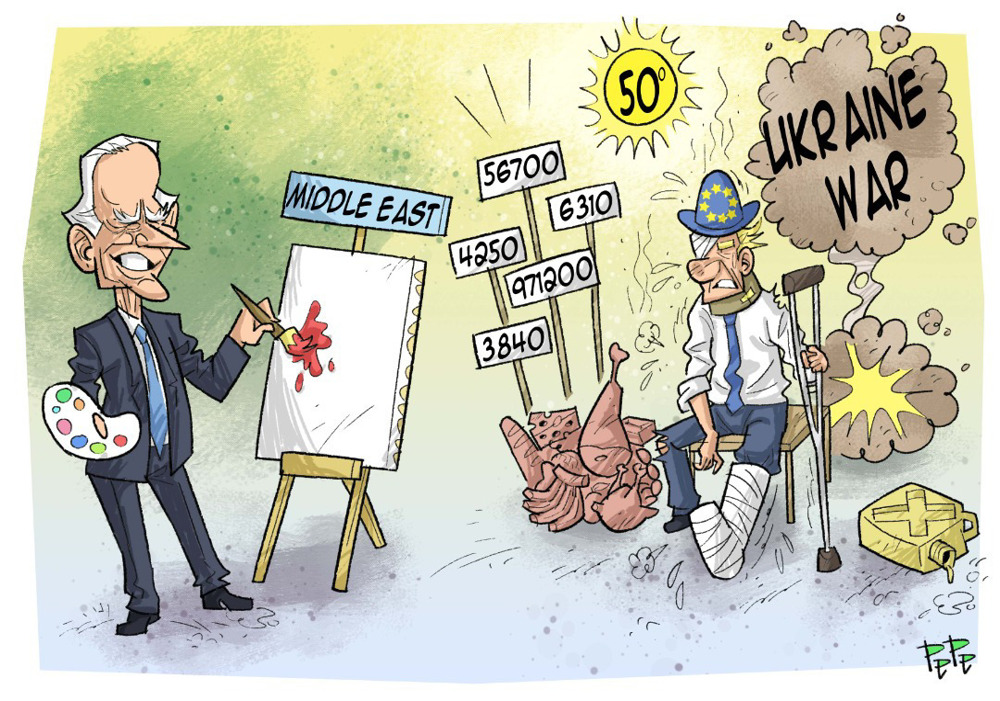
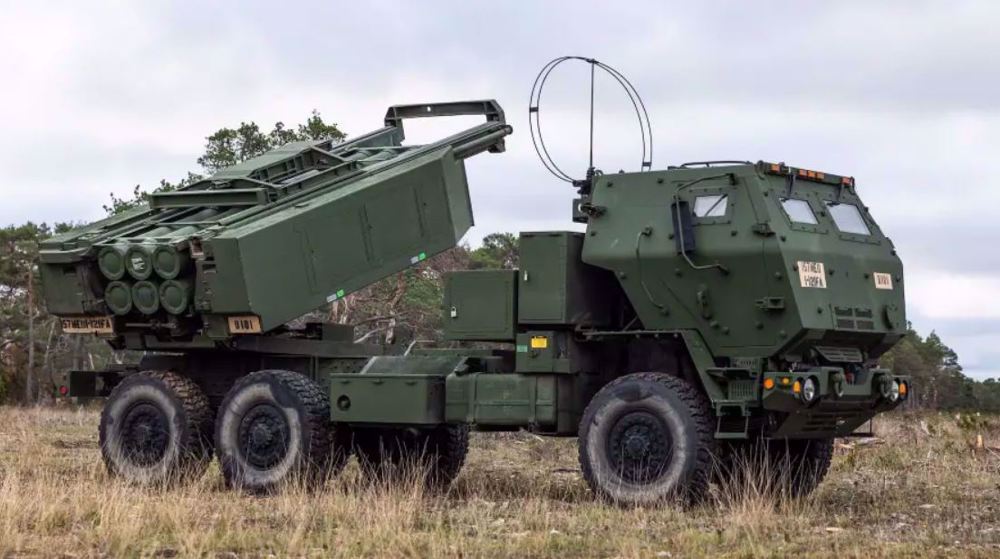
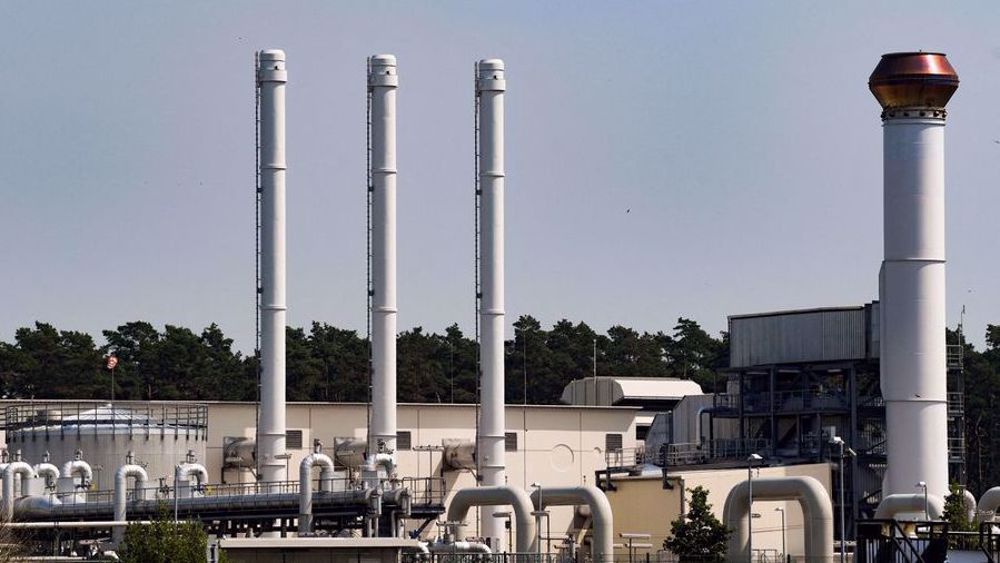
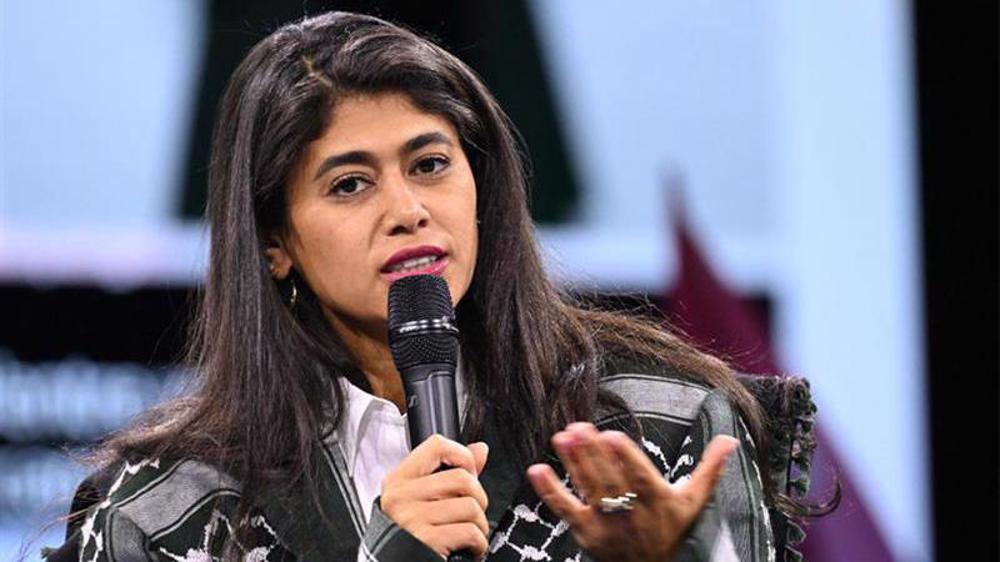
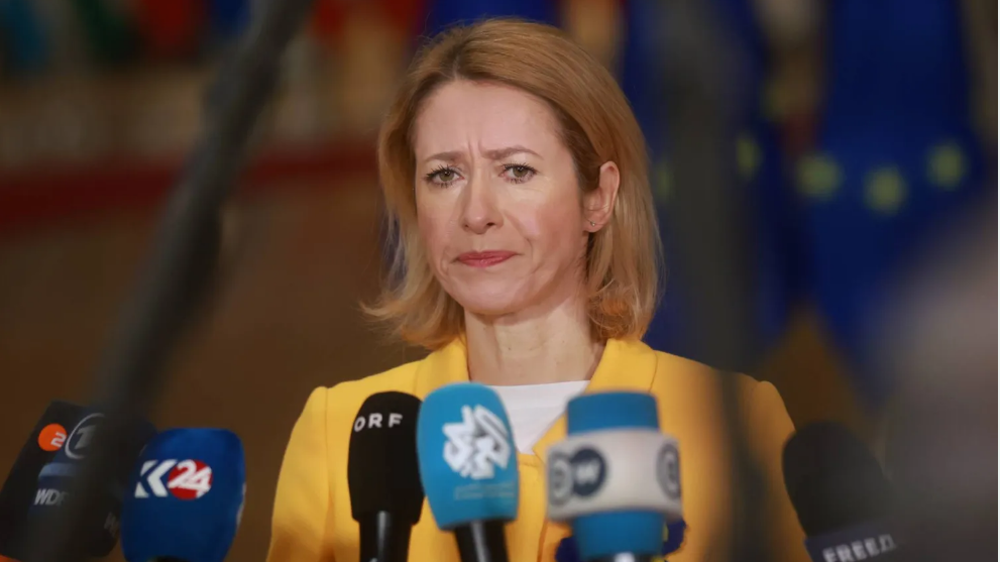
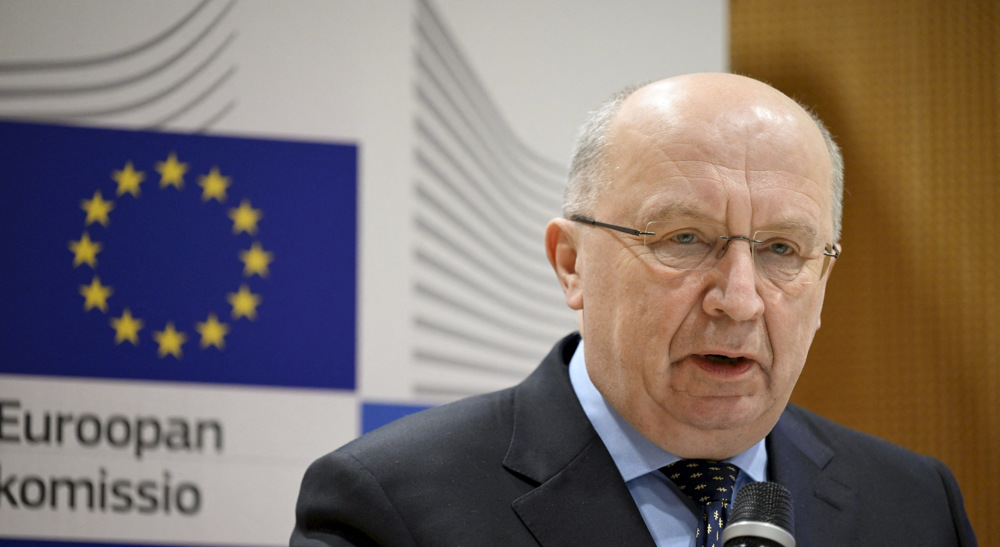




 This makes it easy to access the Press TV website
This makes it easy to access the Press TV website